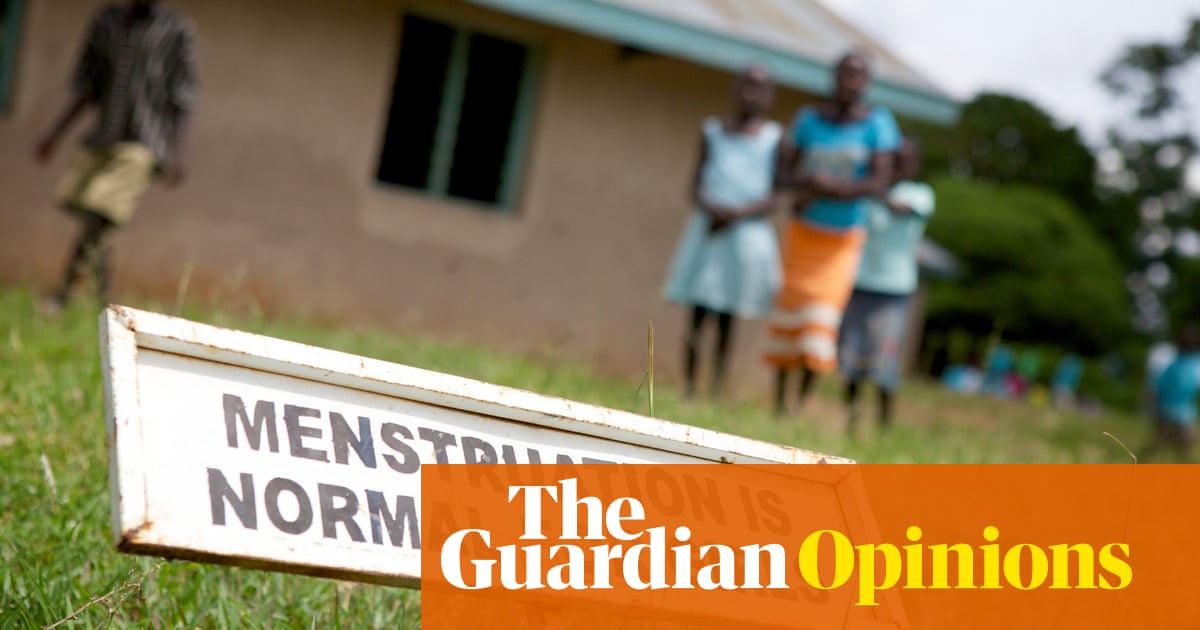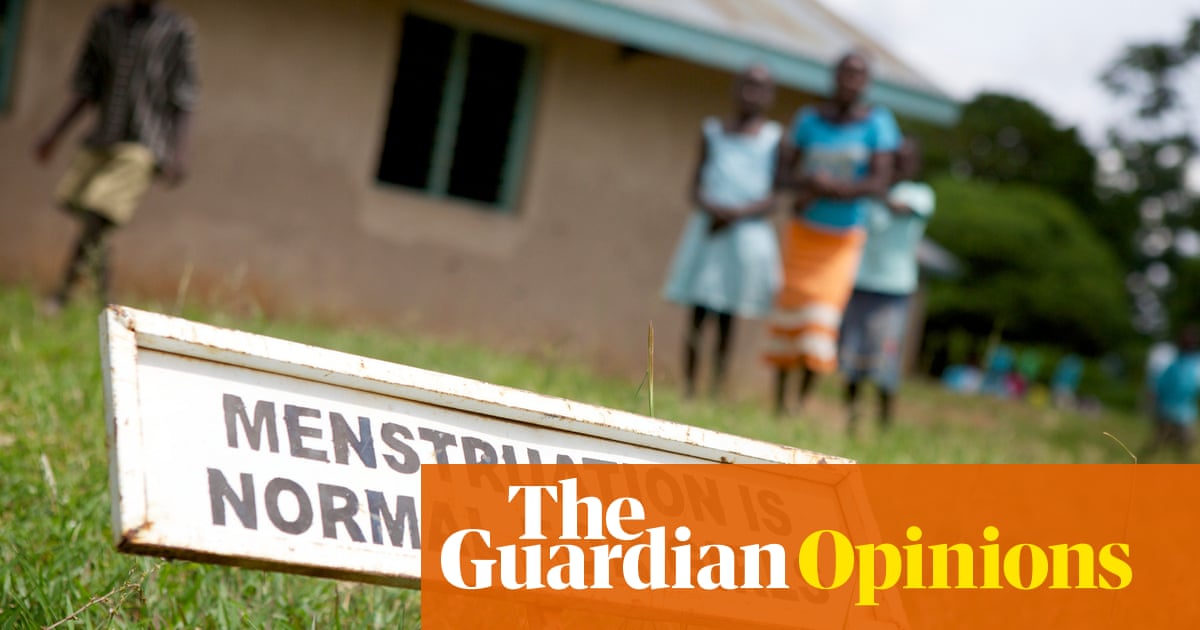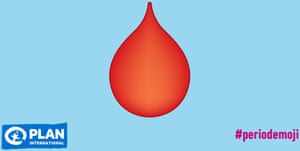
Access to menstrual health and hygiene is a right. Period. | Elizabeth Payne
Right now, 800 million girls and women are menstruating: so why is it still secret womens business?

That time of the month, shark week, Aunt Flow, on your rags, the flowers, period.
There are more than 69 different terms that we use globally to describe menstruation other than the word itself. We have so many code words and euphemisms because, in 2019, sadly, many of us are still uncomfortable talking openly about periods. Dont you think its time we got over it?
All around the world girls, women, transgender and intersex people suffer from the stigma of menstruation through bullying, cultural taboos, discrimination and the inability to afford sanitary products known as period poverty.
According to Plan International, in Uganda 28% of girls miss school when they are menstruating, while in the Solomon Islands, 63% of women cant afford sanitary pads.
Period poverty is also a problem in Australia. A report released in 2017 stated that girls in some remote Indigenous communities regularly miss school when they menstruate because of the restrictive price of menstrual hygiene products.
Thankfully, we are now seeing a wave of progress to eradicate period poverty as well as the taboo associated with menstruation. In January the tampon tax was finally removed in Australia after a long and arduous campaign. Tampons, pads, menstrual cups, maternity pads and menstrual underwear are no longer taxed under GST, saving families suffering financial difficulties precious money each month.
The removal of this tax saves Australian shoppers $30m each year. It also sends a very important cultural message that sanitary products are and always have been essential, and no one should be financially penalised for something as simple as having a period.
Victoria has introduced free pads and tampons in state schools, a national first. Their reasoning was impenetrable: access to sanitary products shouldnt be a barrier to getting a good education, surely this could be introduced nationwide.
I vividly recall an experience I had in high school where there was not enough time between classes for me to change my pad. I leaked through my pad and on to the back of my school skirt. Mortified, I hid in the bathroom, not knowing what to do. I finally went to the office, complaining of being sick. Luckily the staff could guess what was wrong and offered me some pads.
Leaking happens, and that experience is bad enough but for an adolescent girl, not knowing where to go, who to talk to or how to get help at school, alongside fearing ridicule from peers, its so much worse.

Victorias move to put free sanitary items in schools not only means these vital products will be accessible for girls in need, its a watershed moment in acknowledging that periods happen and should never be a hurdle to girls education. It should be adopted nationally, in every state and territory, a call that Plan International supports.
This year also brought us the new period emoji, after a long-running campaign to give girls and women tools to talk about their periods and dispel the taboo. The simple blood drop makes discussing menstruation more accessible. We need to celebrate all of these wins. But at the same time, we must recognise that period stigma is still gripping the globe. It ranges from a social taboo to a life-threatening issue (girls have died from being banished to menstruation huts in Nepal, for example).
What can we do? Start with open, nonjudgmental discussions with friends. Periods can be everything from funny to annoying, so why not talk about it all? These discussions should not be womens talk. The more we shut out men from these conversations the harder it is for us to empathise with each other and break down barriers.
For parents, consider the messages you pass on to your children. If they arent comfortable talking to you about menstruation, its going to be a lot harder for them to talk about it with others.
You can donate sanitary products to Share the Dignitys collection drives or Plan International Australia, which is tackling period stigma globally.
Everyone should be able to have access to affordable menstrual products, a clean place for disposal and the language to discuss their experiences.
It is up to governments around the world to recognise that access to menstrual health and hygiene is a right, and work towards a future free from stigma.
Period.
Elizabeth Payne, 19, is a Plan International Australia youth activist

Leave a Reply